If a mistake is not a stepping stone, it is a mistake
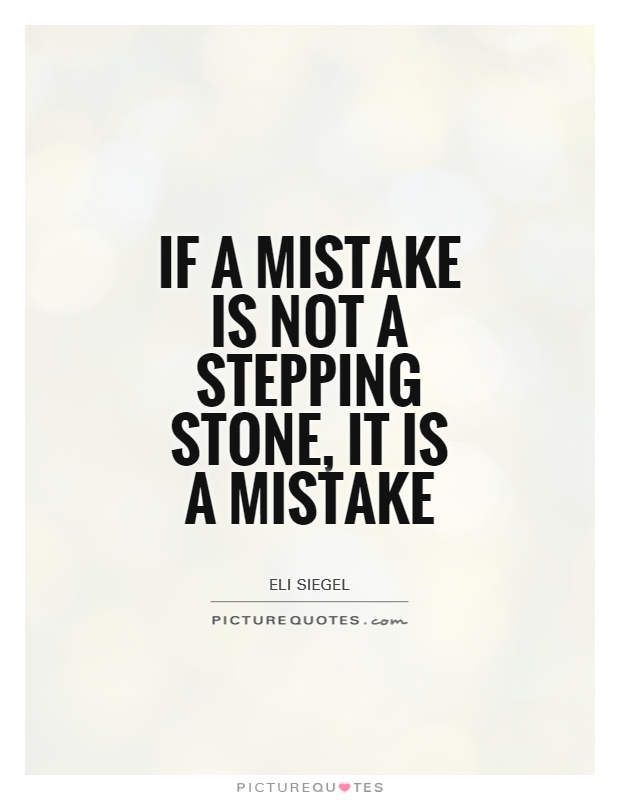
If a mistake is not a stepping stone, it is a mistake
Eli Siegel, an American philosopher and poet, believed that mistakes are not simply failures to be avoided, but rather opportunities for growth and learning. He famously said, "If a mistake is not a stepping stone, it is a mistake." This statement encapsulates Siegel's belief that mistakes should not be viewed as setbacks, but rather as valuable lessons that can lead to personal and intellectual development.Siegel's philosophy, known as Aesthetic Realism, posits that every mistake we make is an opportunity to learn more about ourselves and the world around us. By examining our mistakes and understanding the underlying causes, we can gain insight into our motivations, beliefs, and values. This process of self-reflection and introspection is essential for personal growth and self-improvement.
According to Siegel, mistakes are an inherent part of the human experience. We are all fallible beings, prone to errors and misjudgments. However, instead of dwelling on our mistakes and allowing them to define us, Siegel believed that we should embrace them as opportunities for growth and self-discovery.
In the context of Aesthetic Realism, a mistake that is not seen as a stepping stone is one that is ignored or dismissed. When we fail to acknowledge our mistakes or refuse to learn from them, we miss out on valuable opportunities for personal and intellectual growth. By recognizing our mistakes and taking steps to correct them, we can transform them into valuable learning experiences that can help us become better individuals.
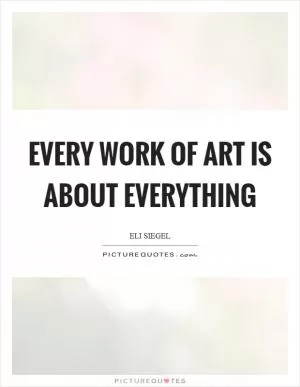
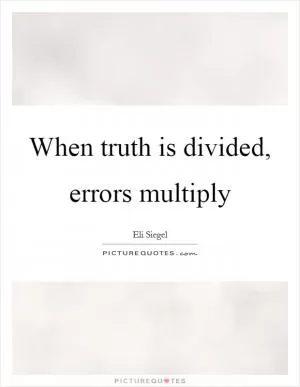
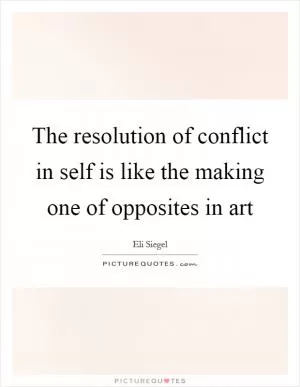
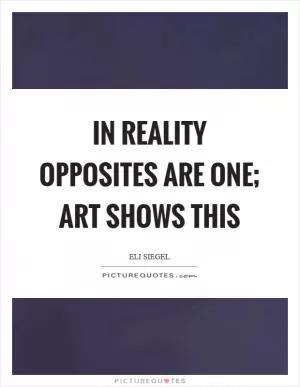
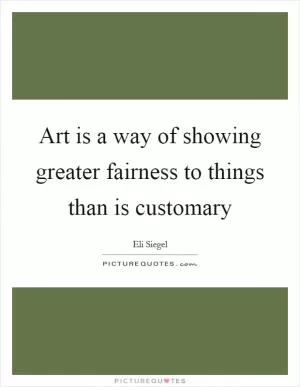

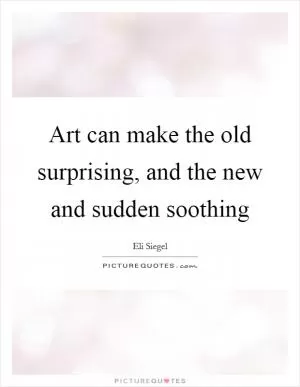
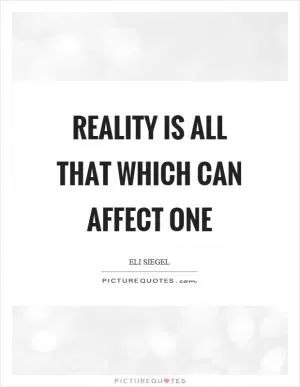
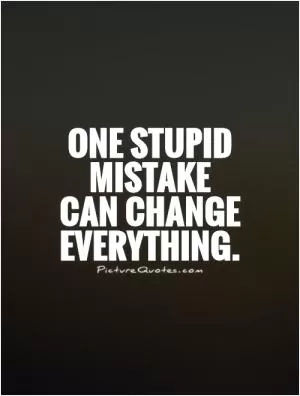
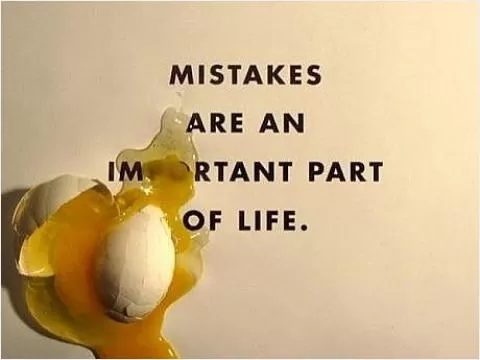
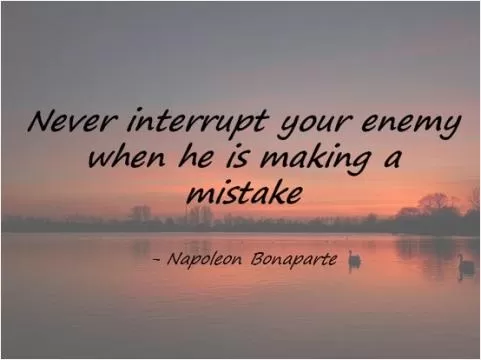

 Friendship Quotes
Friendship Quotes Love Quotes
Love Quotes Life Quotes
Life Quotes Funny Quotes
Funny Quotes Motivational Quotes
Motivational Quotes Inspirational Quotes
Inspirational Quotes